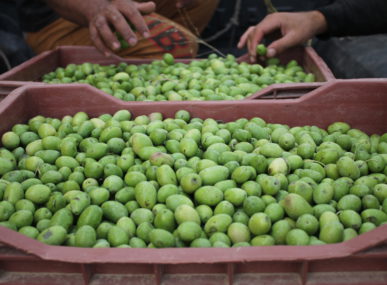Shagrha’s mission takes on special importance in Egypt, a country facing an increasingly drastic food shortage. 16 percent of Egyptians have “poor access to food,” according to the World Food Programme. Separately, large Egyptian cities suffer from a chronic lack of trees and parks. A Cairo University study found that the Egyptian capital offers just 1.5 square meters of green space per resident. The average amount amongst large African cities is 74 square meters, while Cape Town boasts a luxurious 290 square meters for every local.
Shagrha brought a verdant green hue to Cairo’s bleak, sandswept cityscape, getting trees growing wherever possible: by roadsides, from balconies, on rooftops. Eldeeb even installed a hydroponic garden on top of his employer’s petroleum tanker — apparently (and perhaps unsurprisingly) a world first.
According to Eldeeb, Shagrha has already planted 25,000 trees in Egypt, supported 1,000 new rooftop gardens and run 100 community events about urban agriculture. But Eldeeb does not plan to rest on his laurels, devising ambitious targets for securing a long-term sustainable future for his project.





